Pros and Cons of Electric Cars
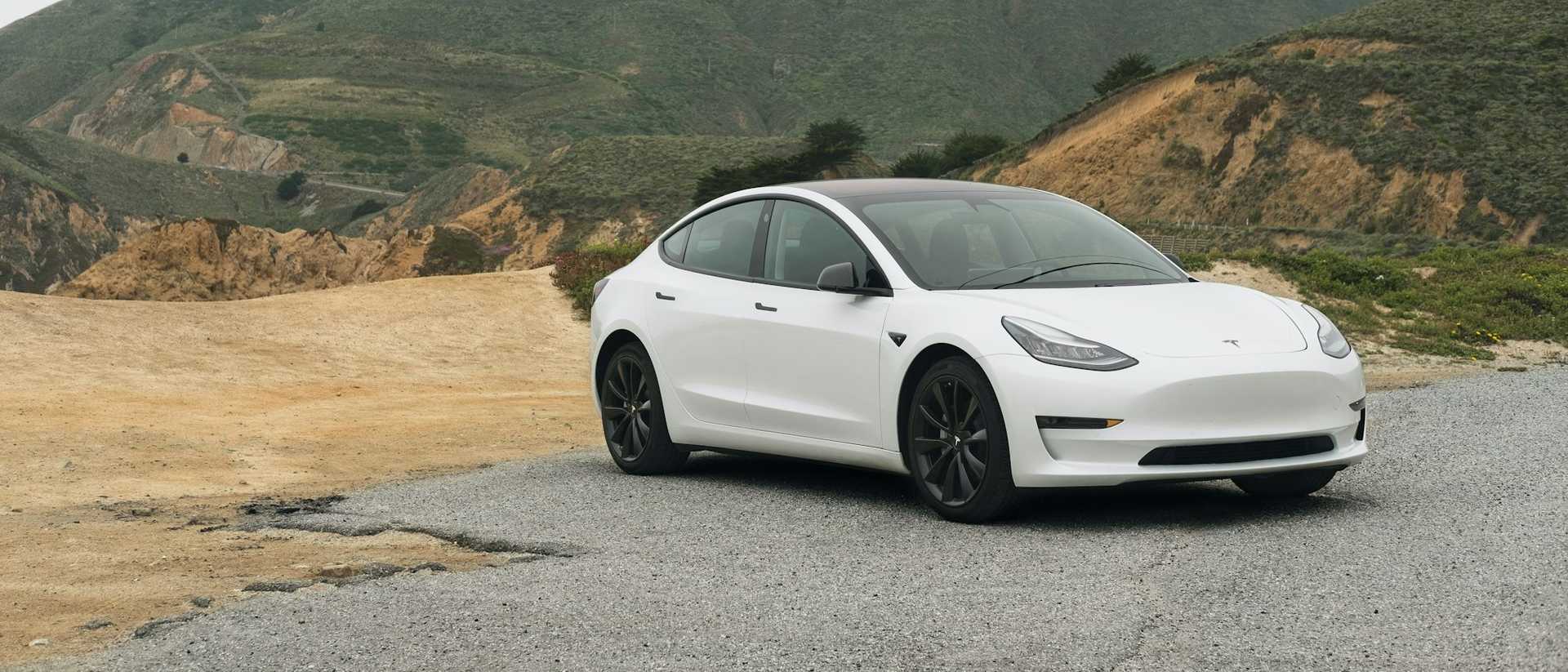
There’s a global necessity to reduce vehicle emissions. So it’s not surprising that Chris Bowen, the Minister for Industry Energy and Emissions Reduction of Australia, is behind the country’s drive to reduce emissions entirely by 2036 – mainly through the widespread use of electric vehicles (EVs).
Mr Bowen is not the only one. Volvo recently announced that it won’t be possible to buy a petrol or diesel model from them anywhere in the country by 2026. And NSW and Victoria anticipate that 50% of new vehicle purchases will be electric by 2030. So it’s not really a matter of if you purchase an EV it’s more like when.
Electric vehicles, it seems, are literally the way forward. And with recent government legislation being passed which intends to reduce EV costs, electric car purchasing is becoming a whole lot more attractive.
But it’s not going to be a completely comfortable ride for the electric vehicle market. So we’re going to look more closely at the pros and cons of electric car ownership.
What are the pros of electric cars?
Let’s start with the positives. Especially as the forecasts suggest that we’ll all have to convert to EVs sooner rather than later. And even EV’s biggest critics will acknowledge there are many benefits to electric car ownership.
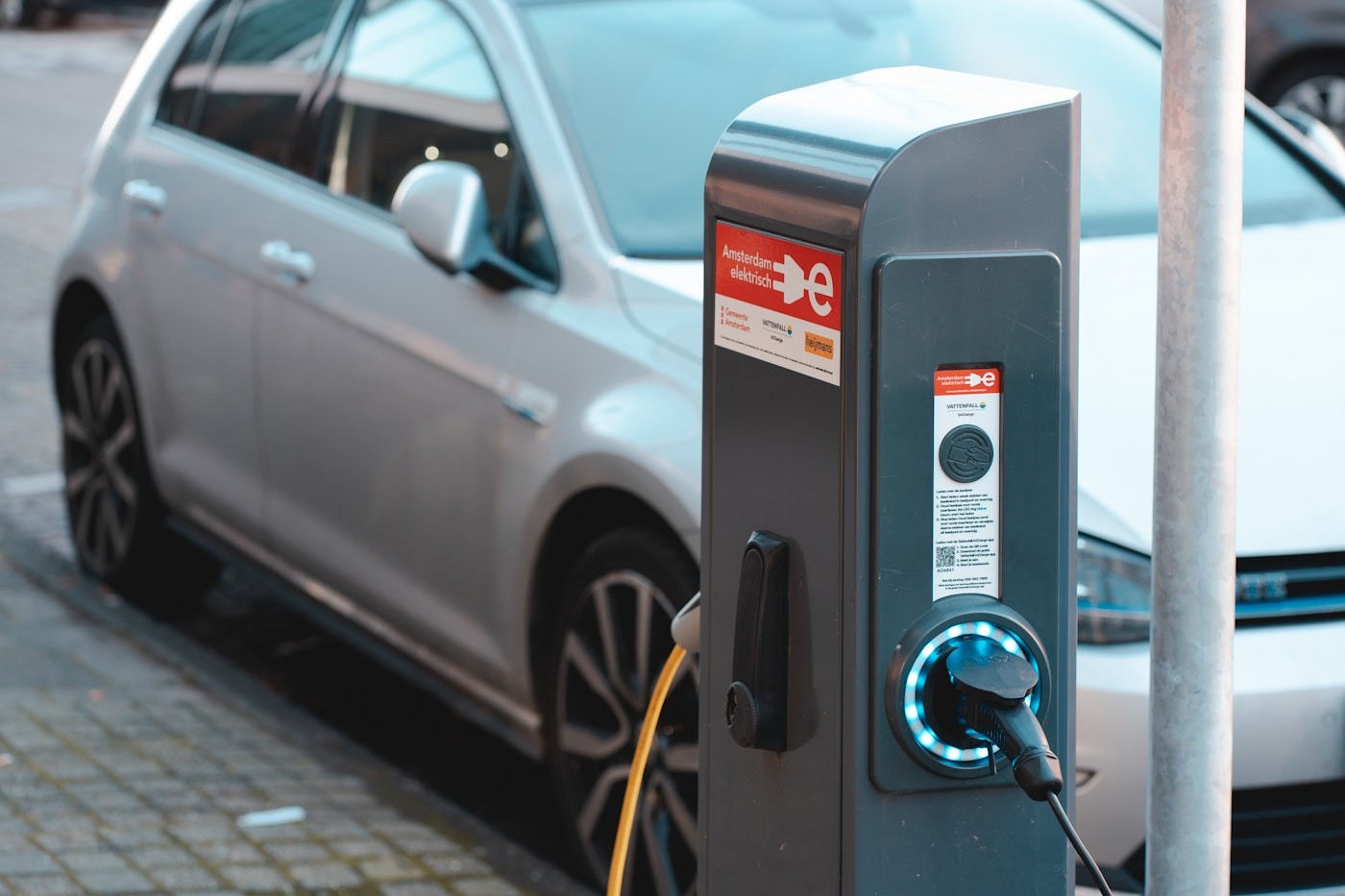
Energy Efficient
The amount of energy from the fuel source that’s converted into actual energy needed to power all-electric cars is up to three times more efficient than the energy needed to move a gasoline-powered car. The batteries in electric cars, such as a Tesla model, convert between 60% to 80% of the energy into movement. Internal combustion engine cars only convert between 17% to 21%. This means EVs use less energy to power your vehicle - they’ve got all-around better fuel economy.
Why is this good? The more energy used by a vehicle, the more energy needs to be produced. So reducing the energy produced, especially by non-renewable sources, contributes to a much lower environmental impact. And as over 75% of EVs are powered by renewable energy sources in Australia, it really is environmentally friendly energy.
Reduced Emissions
Electric cars don’t produce exhaust emissions at all. That means much lower greenhouse gas emissions are linked to EVs. A claim that can’t be made by their gas-powered counterparts. With no exhaust, and therefore no tailpipe emissions, electric motors are far cleaner than conventional cars.
This is great news at a local level, especially in highly populated areas where pollution from internal combustion engines has been a problem. But it’s better for the global environment too as CO2 is one of the biggest contributors to the climate emergency.
And because of the lower reliance on fossil fuels to generate the battery power for EVs, power plants are contributing less air pollution as a result. If EVs are widely adopted by car purchasers this may increase reliance on renewable power sources.
Lower Running Costs and Less Maintenance
Firstly, let’s start with fuel costs. The electricity used to power your EV is going to be significantly cheaper than fuel than the fossil fuel required by a petrol or diesel engine over time. While costs are variable for recharging your electric car’s battery (depending on the battery size, the electricity provider and other factors) electric vehicles have the potential to reduce your fuel spending by up to 70% for a heavy user.
Transport for NSW also reports that there is roughly a 40% reduction in an EV’s maintenance cost. This is due to fewer moving parts in an electric engine compared to a gasoline engine. Parts such as spark plugs, valves and oil changes aren’t required as frequently or at all. And less maintenance sounds like a win to us.
What’s more, most electric cars use regenerative braking more frequently than their mechanical brakes. And so the EV braking parts have a much slower rate of wear than conventional vehicles.
Recent government legislation has meant that it will soon be cheaper to buy an EV in Australia than previously. Ministers are hailing a win for EVs after they struck a crossbench deal back in November 2022. They’re hoping to bring down the cost of new electric vehicles by $9,000 or more and to boost the second-hand electric market too. And with a range of other incentives for EV purchases, including potential tax cuts for AEVs and plug in hybrids, the market is looking more promising.
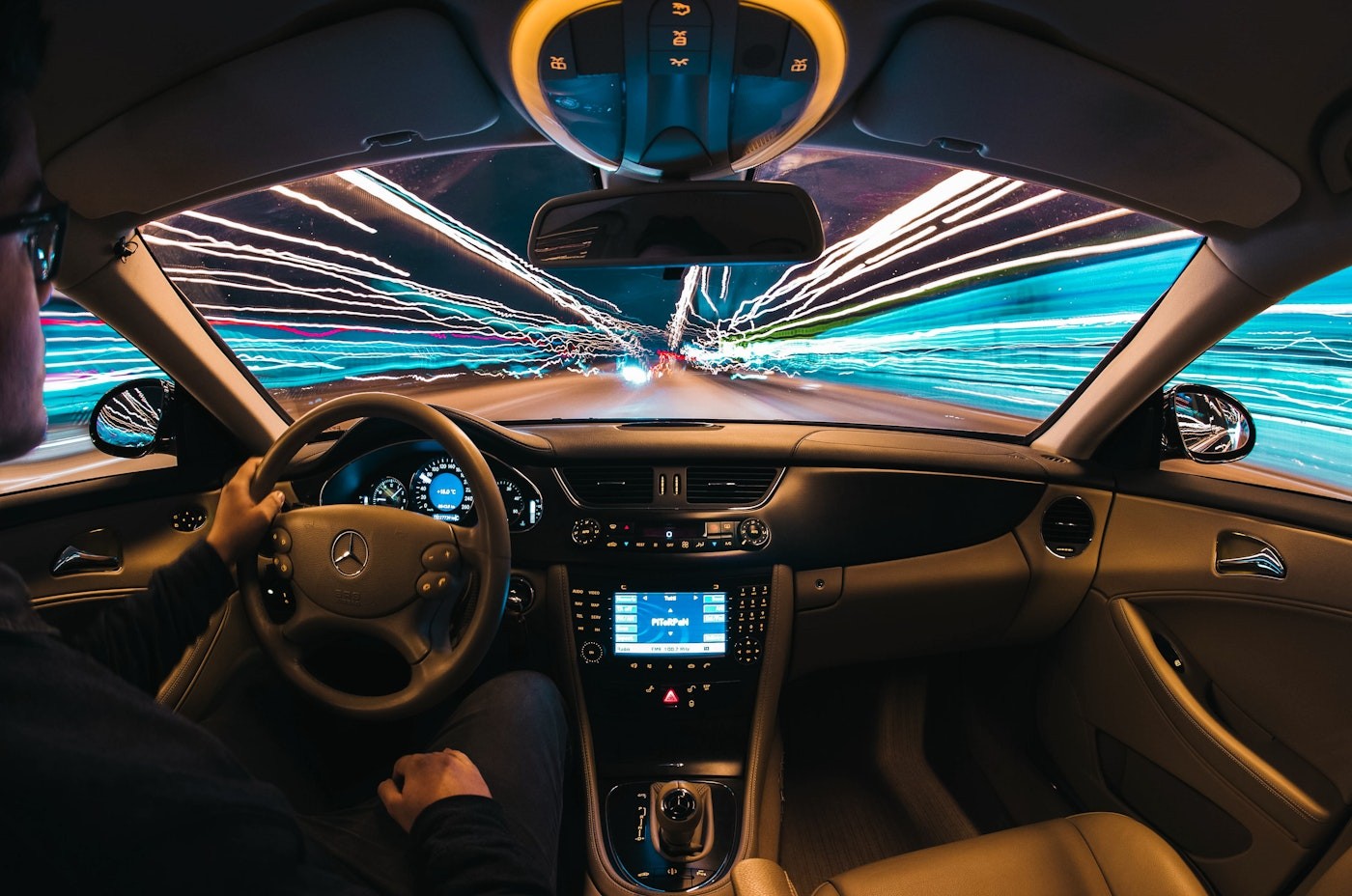
Better Driving Performance
For the speed demons out there, EVs have the potential to be seriously quick off the mark. A 2022 test of the Rivian R1T, saw it get from 0 to 60 mph in 3.0 seconds - not bad for a 3,000+ kg truck. And the Tesla Model S Plaid went even better at 0 - 60 mph in 1.99 seconds.
With the battery pack mounted underneath, electric cars are given a low centre of gravity. So drivers have a much better handling experience as a result. And because most EVs are torque-rich even the most average models are pretty nippy.
It goes without saying that the driving experience is a lot quieter. This means journeys could become more pleasurable for the frequent driver.
And more widespread use of EVs means there will be a huge reduction in noise pollution in built-up areas too. However, if you miss the ‘roar’ of a gas-powered car you can get a customisation which gives you the sound you’re after.
What are the cons of electric cars?
While the future of Australian automotive ownership is going to be EV focussed, electric cars are not without their issues. So let’s look at some of the less attractive qualities that suggest electric car ownership may still be a bit of a bumpy ride.
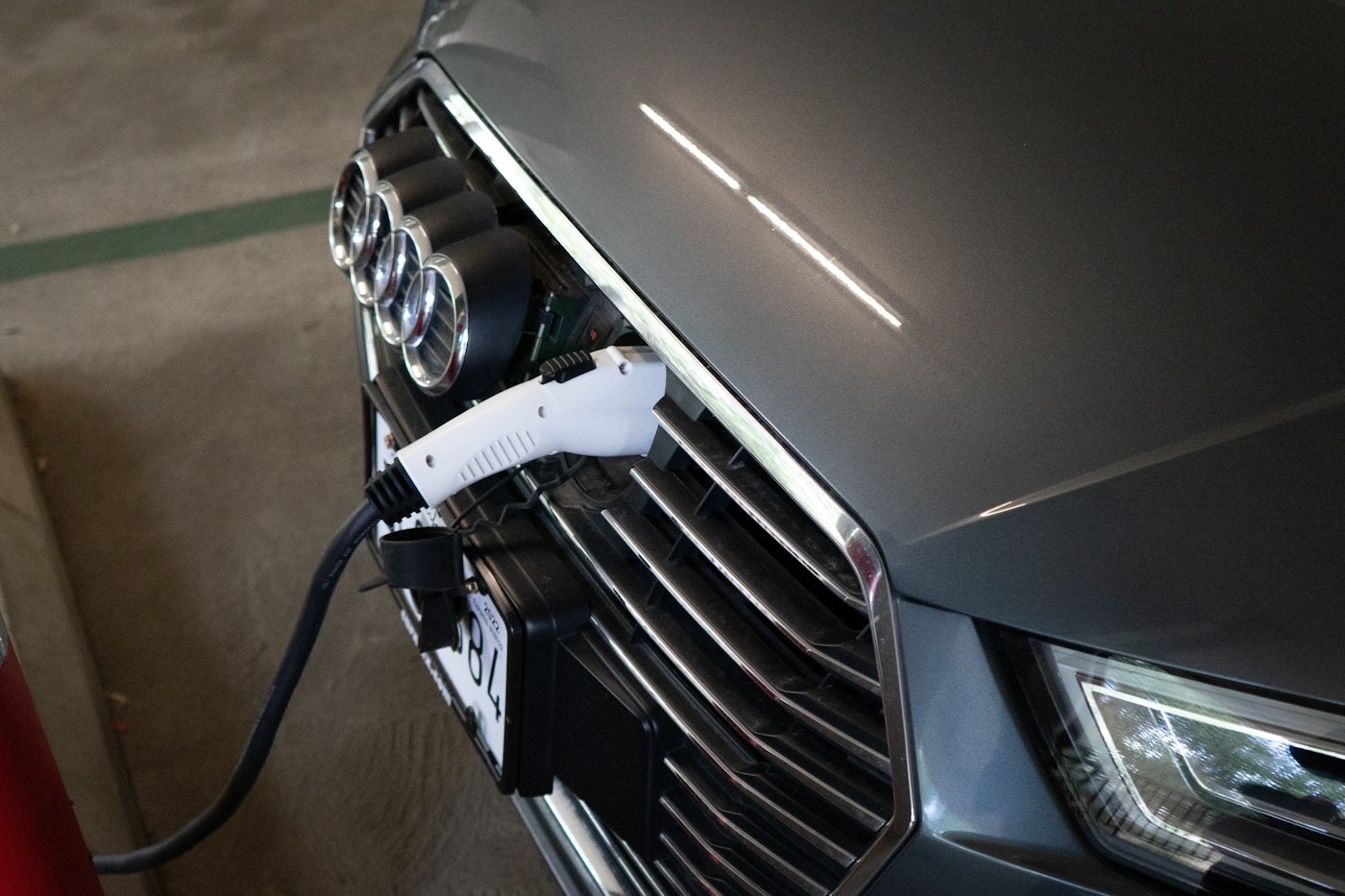
Higher upfront costs
As we’ve said, there are government plans to lower new electric car costs by a significant amount. But that still makes new EVs available only to the well-off. And, yes, it’s hoped that boosting ownership of electric cars will open up the secondhand market, but it’s not there yet.
How much are we talking about?
The cheapest electric models available in Australia are still priced at over $40,000 with many electric cars costing well over $100,000. And with prices like that, it’s easy to see why EV ownership is still the province of the rich.
There are also the added costs of buying a charging station for your home to consider. Fast charging points are even more costly. This adds up to the fact that for many, owning an electric car isn’t financially viable – yet.

Range limitations
Driving range anxiety is real. Most EV battery packs have a limited range of about 300 km to 400 km on one charge with some electric car models managing a bit more.
However, a wide variety of petrol and diesel cars are able to travel at least double those ranges on a single tank. And frequent stops to refuel your EV can be frustrating on longer journeys.
Longer battery recharging time
Think about how long it takes to fuel up your gas engine. Not long, right? Now picture having to wait several hours to get a full charge on your electric car. Yes, it’s a bit of a headache if you have a busy day with lots of errands to do.
Electric battery technology isn’t quite there yet. And while battery life varies depending on the type of charger and battery charge level, it’s not as convenient as topping up your tank with gasoline or diesel.
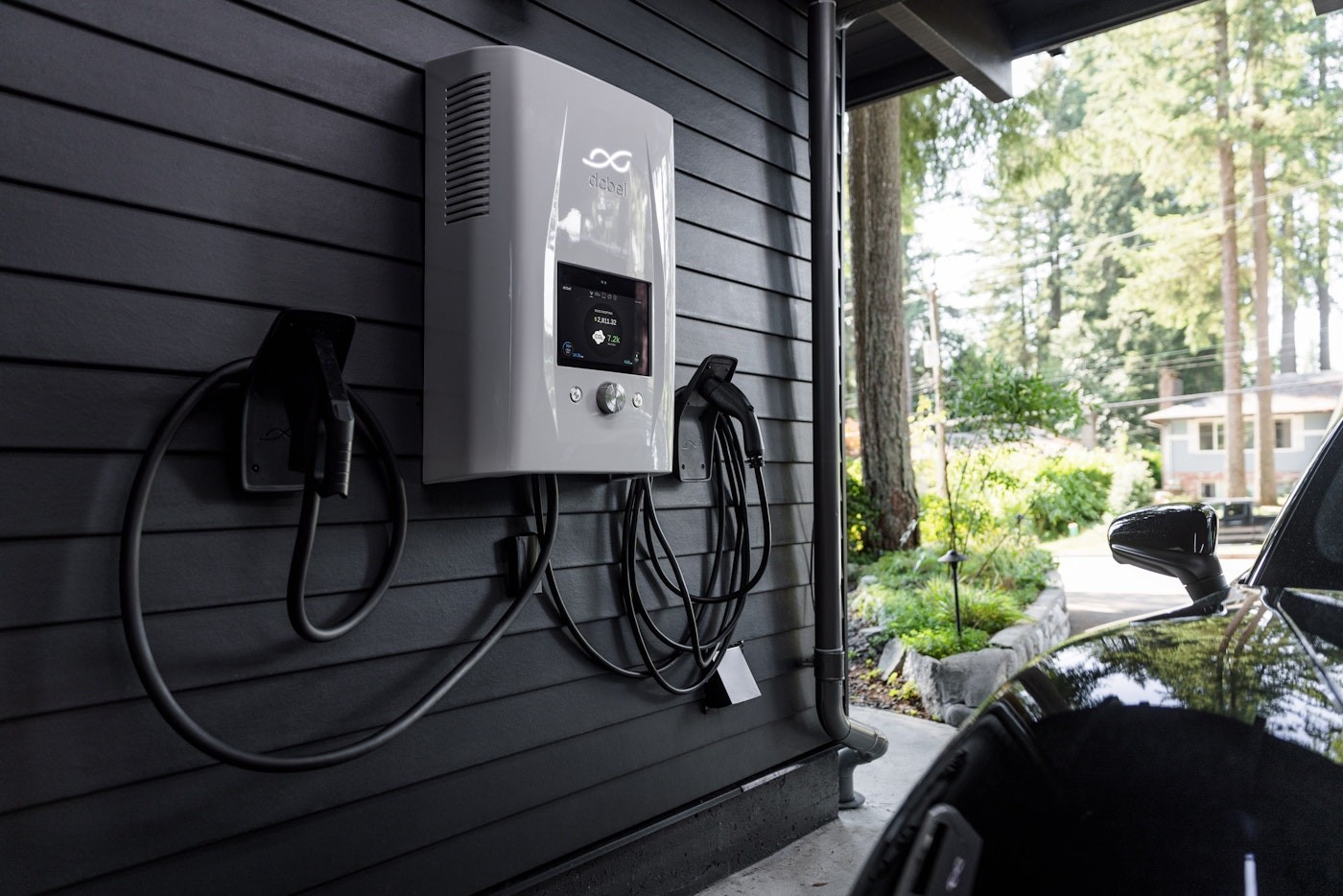
Lack of charging stations and infrastructure
Australian charging infrastructure isn’t there – yet. EV charging stations aren’t exactly a rarity but they are, as yet, not widespread anywhere other than petrol stations. Careful planning is required if you want to go on trips to less familiar locations.
Another consideration is the added time it takes to wait for charging stations to become available if there's already an electric car at the charging point. But with electric cars set to become a key focus on emission reduction, we can expect to see charging stations become much more widespread in the near future.
Lack of models available
The choice for Aussie car buyers wanting to purchase EVs or hybrid vehicles, including Tesla, is definitely one of the biggest cons of electric cars. While Tesla does offer multiple models with varying features and price ranges, the availability and variety of electric cars from other car companies, such as Audi, BMW, Hyundai, Range Rover, Mercedes, Mitsubishi, Nissan, Porsche, Jaguar, and Volvo, are relatively limited compared to their extensive range of petrol models.
It's worth considering the specific Tesla cost in Australia, as it can vary depending on the model and configuration chosen. Despite the limited options from some car manufacturers, the continuous growth of the electric vehicle market and the government's support for sustainable transportation are expected to bring about a wider selection of EVs and hybrids in the future, providing more choices for car buyers in Australia.
Resale value
All cars depreciate but because electric cars and the technology behind them are still new, electric cars have a higher depreciation than many car buyers would like.
Is it worth buying an electric car in Australia?
We’ve looked at electric cars pros and cons and just because there are several downsides to electric cars doesn’t mean they aren’t a sound investment. There are many more downsides to owning conventional vehicles, so having an electric motor is actually looking like a better deal.
Not least of these is our increasing understanding of our carbon footprint and how important it is that we reduce our reliance on fossil fuels. Ownership of electric cars is categorically the environmentally conscious choice.
The infrastructure to support the nationwide adoption of electric vehicles is only going to improve. As are fantastic incentives to buy an electric vehicle, such as tax benefits or tax credits and EV purchasing subsidies.
If you're ready to call an electric car your own, Driva can help you make the process easy peasy with our green loans. Within minutes, you can get your personalised loan rates, and complete your whole application online. We do the hard work of comparing lenders so you can get the loan that suits your needs. Quotes with 100% fee transparency and 0% impact on your credit score - that's the Driva promise.
FAQs
How Do Electric Cars work?
An electric vehicle is powered by a battery rather than by a combustion engine. The battery pack of an electric vehicle is charged through an electricity source.
How Do I Find A Charging Station?
There are various apps that help electric vehicle owners find charging stations. A simple online search should also help you find a suitable charging location.
Can I get Finance for an Electric Vehicle?
Absolutely! We’re committed to helping our clients choose cars that suit them and help the environment. That’s why we have finance options and our green loan to help people move forward with an EV.


.png)







